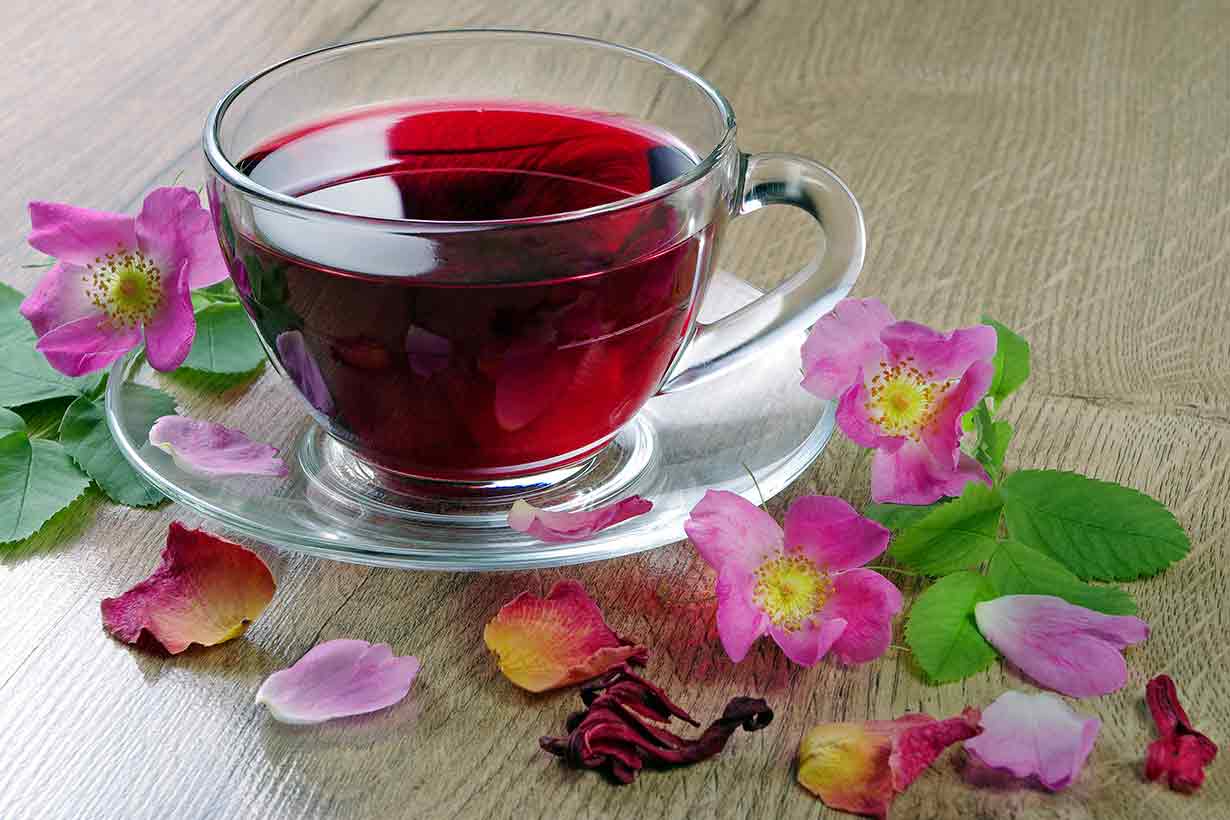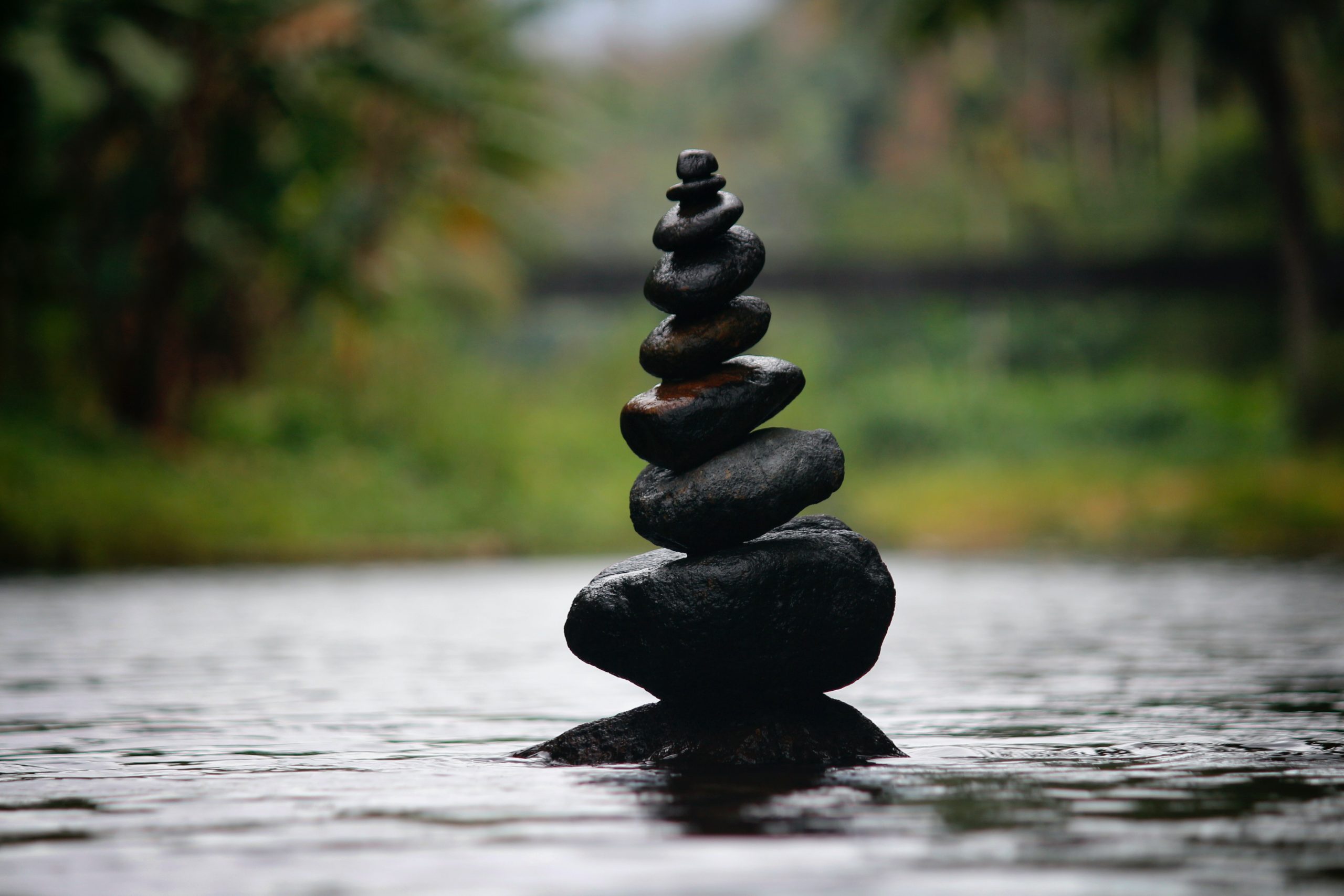For years, tea has been used for far more than extinguishing thirst. Around the globe, people drink tea to soothe, reinvigorate, and relax, and it’s something we need now more than ever.
In the United Kingdom, where tea drinkers consume 100 million cups every day, according to the UK’s Tea Advisory Panel, tea remains part of the national psyche– despite a growing preference for espressos, flat whites and lattes. The sentiment that a good cup of tea makes everything better still holds true.
With tea consumption increasing around the world, the United Nations has identified May 21 as “International Tea Day.”
Even in the United States, a coffee-dominated country for centuries, tea drinking is rising in popularity, with the country consuming (15 ounces) of tea leaves per head a year compared with (13 ounces) in 2007 according to a report by United Nations, as people switch away from milk, soda and fruit drinks.
Scientists are starting to look into just how tea might affect cognition and mood. Mainly, they’re investigating whether its alerting and relaxing effects are a biological outcome of the compounds in tea or they come from the context in which the beverage is consumed — choosing your favourite cup, preparing your brew and sitting down for a brief respite from the world.
Oolong, black and green tea come from the same plant– Camellia sinensis. Although, green tea is processed in a unique way, which results in higher levels of some of the chemicals that scientists believe have positive effects on our mental health.
Green tea has been found to boost brain function in healthy people, said the director of the department of psychotherapy and psychiatry at the University Of Lubeck, Stefan Borgwardt.




